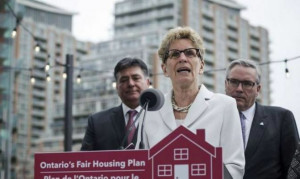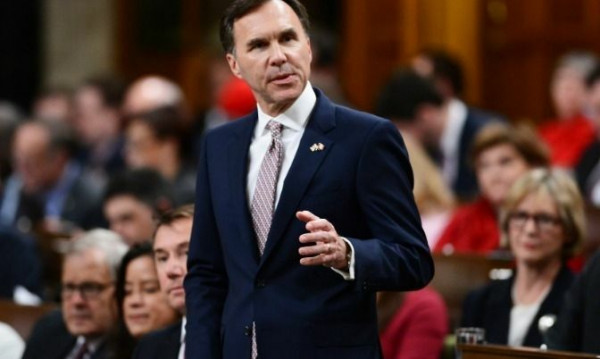The Budget increases spending for early learning and childcare, with the aim of creating more affordable child care spaces across the country. It also includes changes to the amount of parental leave parents can take while caring for newborns, as well as increasing caregiver benefits for parents with injured children, and providing easier access to student grants.
The Budget extends parental leave from 12 to 18 months but at the lower rate of 33% of one’s salary instead of the current rate of 55%. However, parents can opt out of the new extended benefit and receive the traditional 12 months benefit at 55%. Parents can also receive between 8-12 weeks of maternity benefits in the period leading up to childbirth. In theory, these changes will give young parents more financial support.
The Budget also seeks to make access to student grants easier for parents in school by increasing the threshold for part-time students to receive Canada Student Grants.
Finally, the Budget waives the processing fee of approximately $1,000 for parents who contract a foreign nanny provided they have an annual income of less than $150,000.
In the area of taxation, starting July 1, 2017, HST will be charged on Uber and other ride sharing services. Tax Credits will now be available for professional training courses even though they are not associated with a post-secondary program. Starting March 23, 2017, taxes on alcohol will go up by 2%, and taxes on cigarettes will increase by $0.00265 per cigarette starting March 22, 2017.
There are also changes to taxable income. Professionals will now have to place a value on work-in-progress and will have to pay HST and/or corporate tax on these amounts.
The Budget also includes changes for newcomers to Canada, who will now be able to start the foreign credential recognition process before coming to Canada, and will be eligible for a loan to help them get their credentials recognized.
Many observers have criticized the Budget for not including enough measures to combat increasing inequality and the high cost of living in areas such as housing, and changes to the tax code.
For instance, the Budget does not include any changes to help new homebuyers combat rising home prices which makes home ownership for lower income Canadians less attainable.
Similarly, the Budget does not make any changes in the area of capital gains, which many believe could be a good source of revenue for the government. Currently, only 50% of money made on the sale of certain property is taxable. This measure is generally seen as being advantageous only for those with significant assets. An increase of capital gains taxes could generate much needed revenue to improve services for parenting and childcare, as well as financial assistance for post-secondary education.
These new changes suggest a desire to address the challenges of an aging population by giving support to young families and newcomers so that the Canadian workforce will be able to meet the demands of the future. It remains to be seen whether these changes will achieve the desired results.
In the City of Toronto, John Tory has come out in defence of a plan to regulate Airbnb rentals which many believe have had destabilizing effects on the character of local neighbourhoods. The report tabled by the city’s Municipal Licensing and Standards department includes measures to reduce the number of short-term rentals by limiting such rentals to principle residences only, and by regulating short-term rentals through a licencing or registry system, as well as zoning requirements specific to short-term rentals.
Marcus Boire also contributed to this article.









